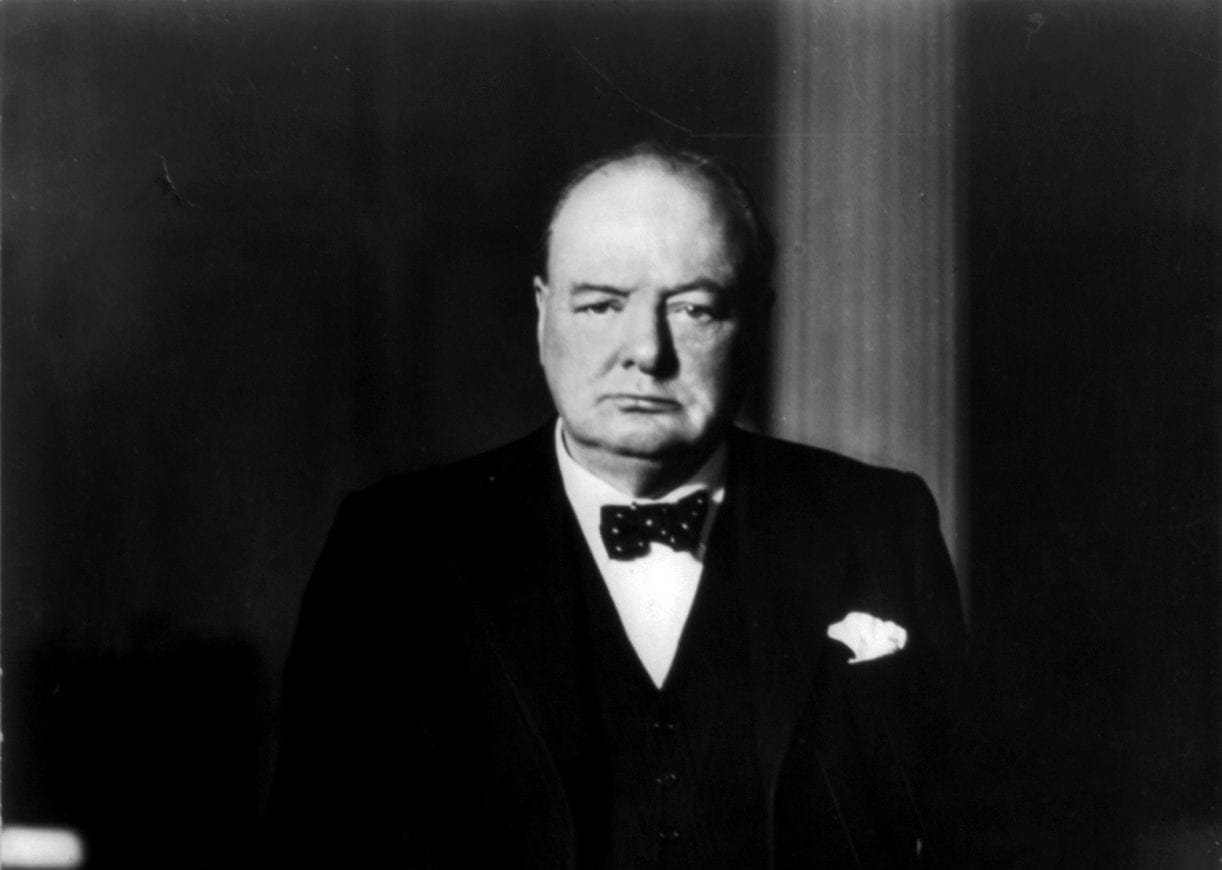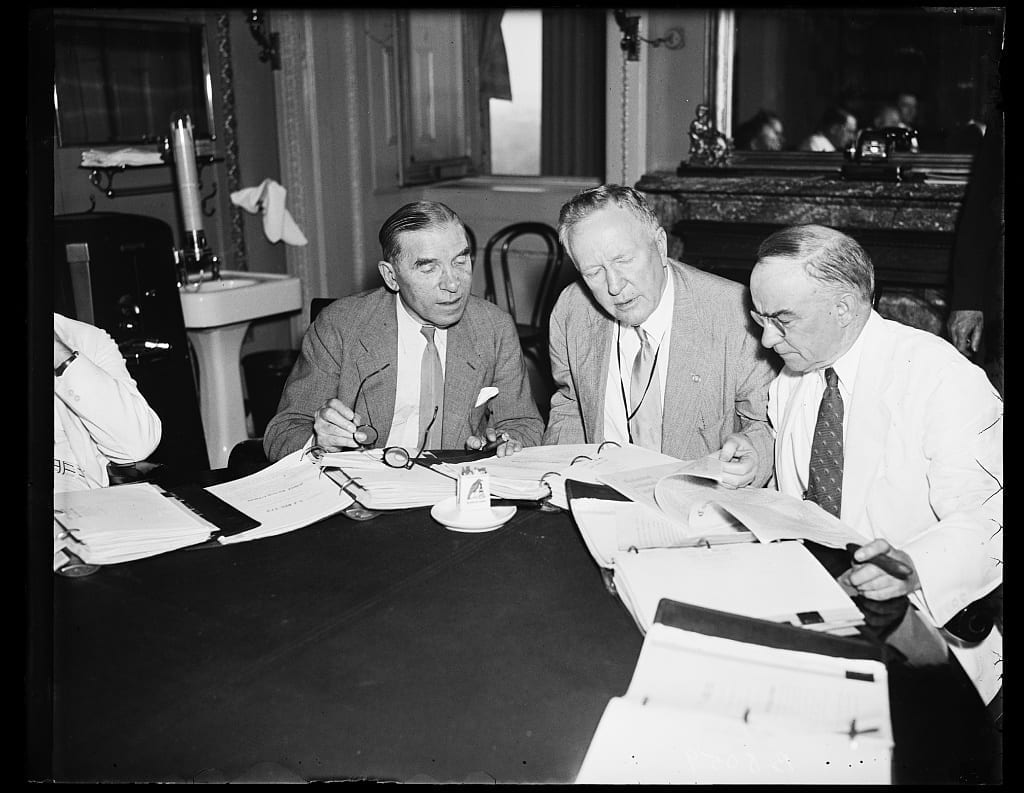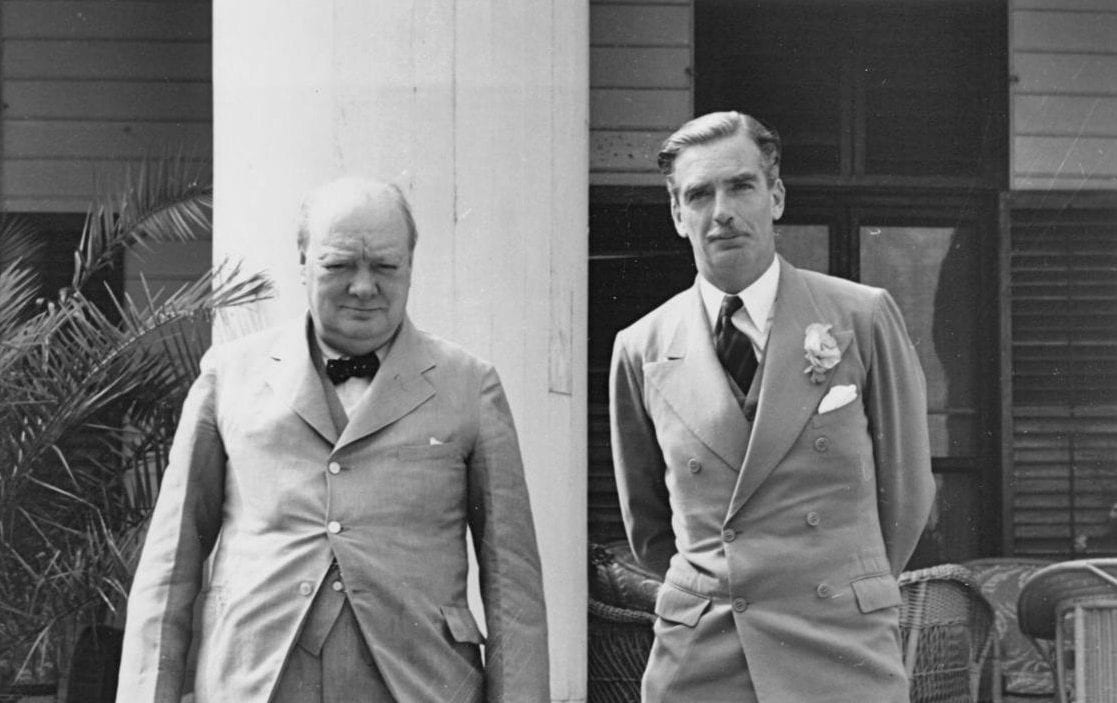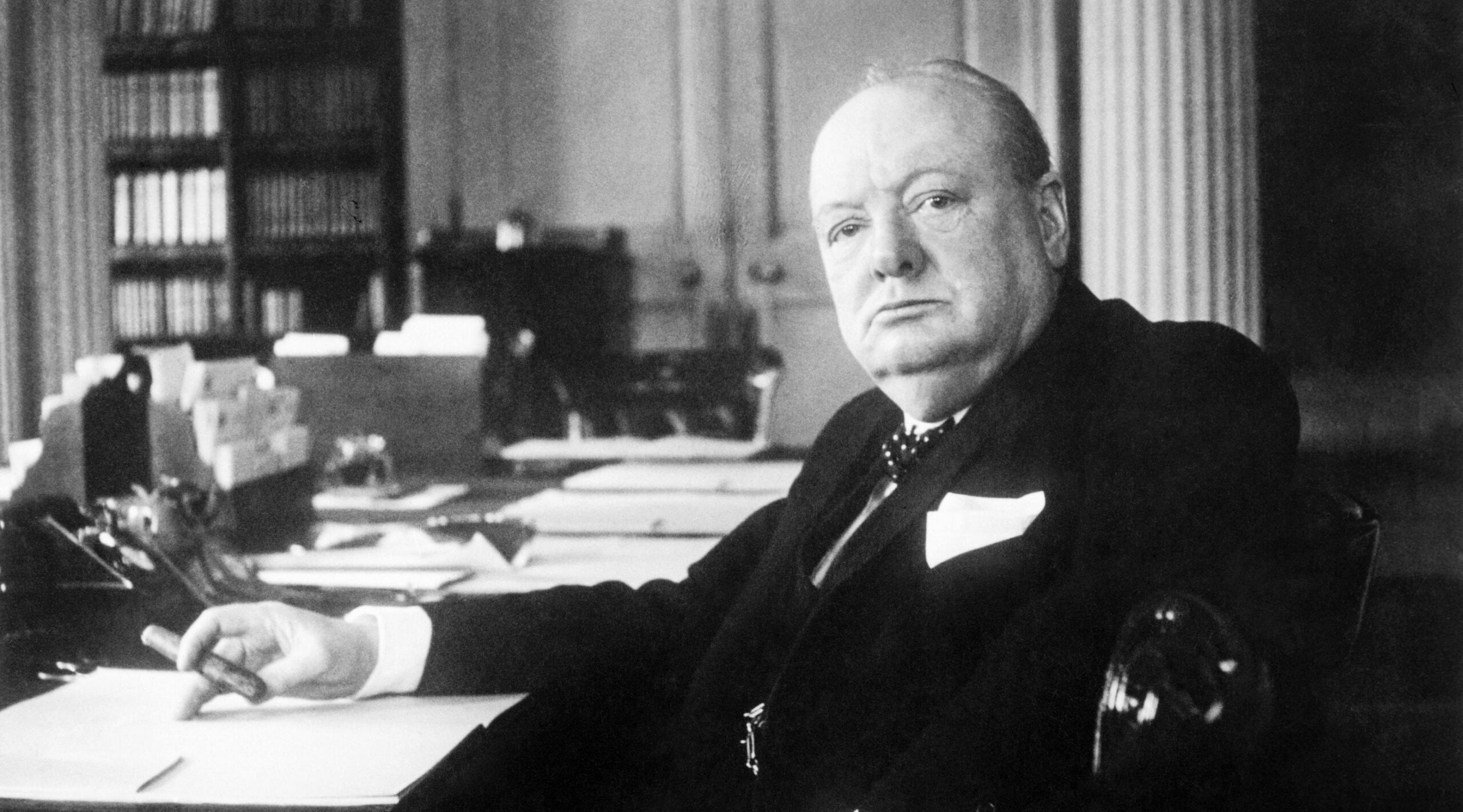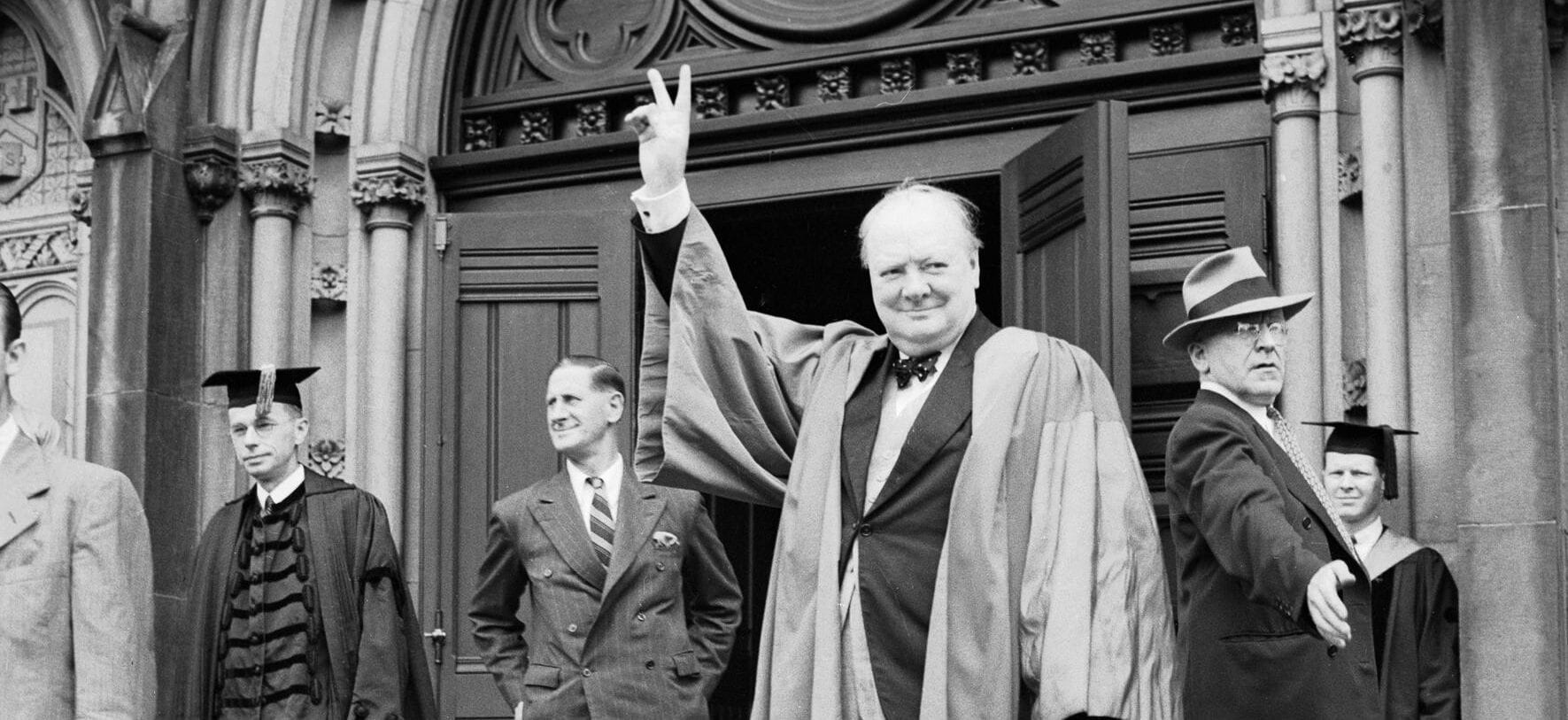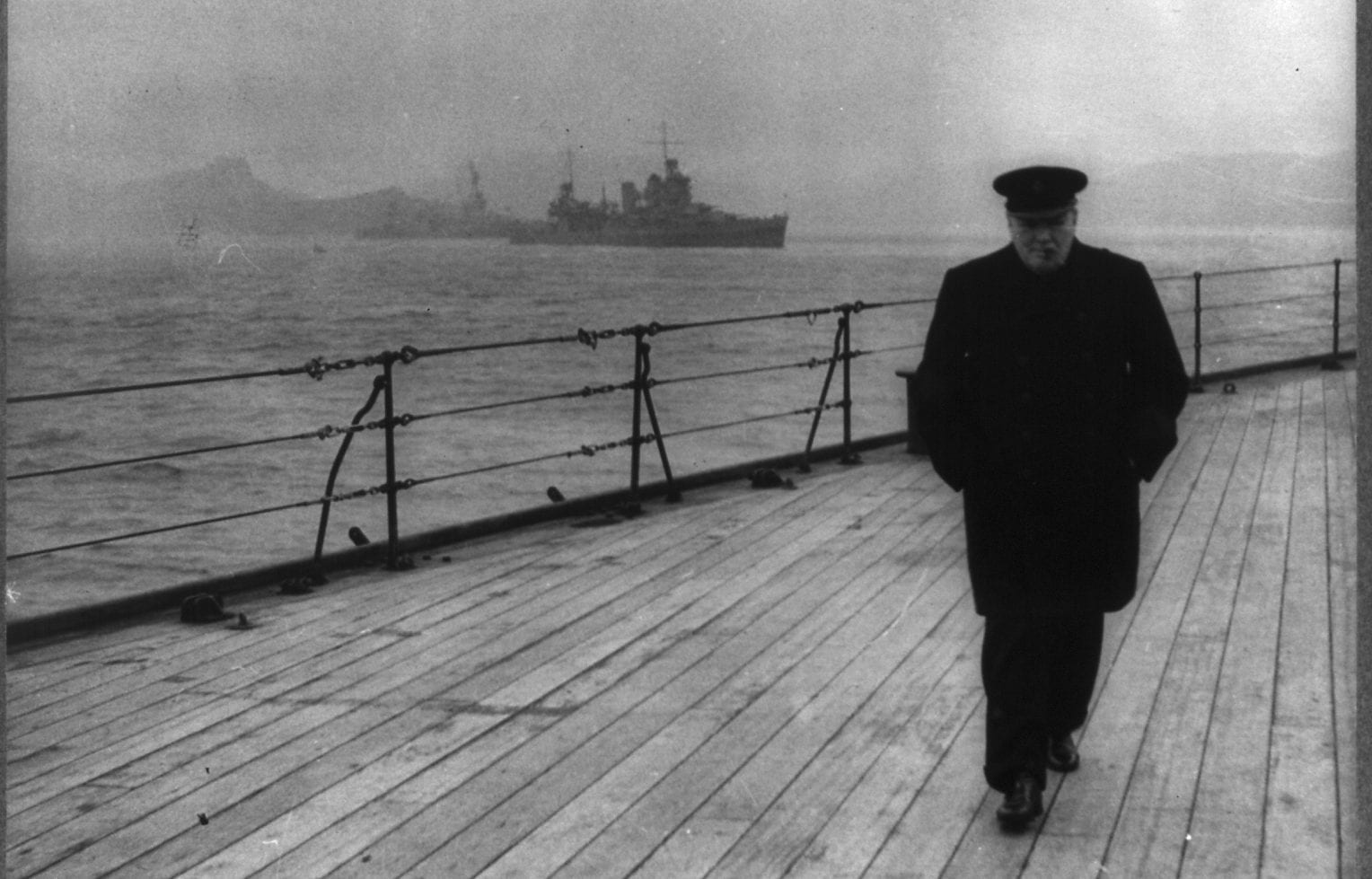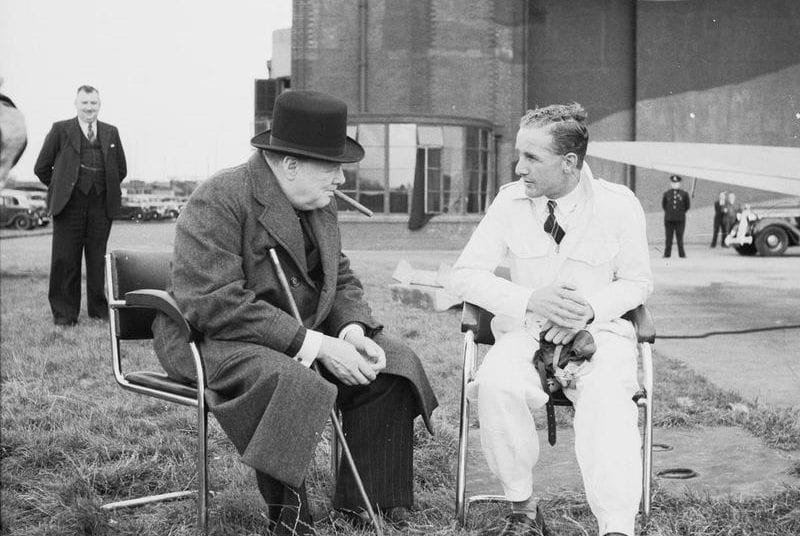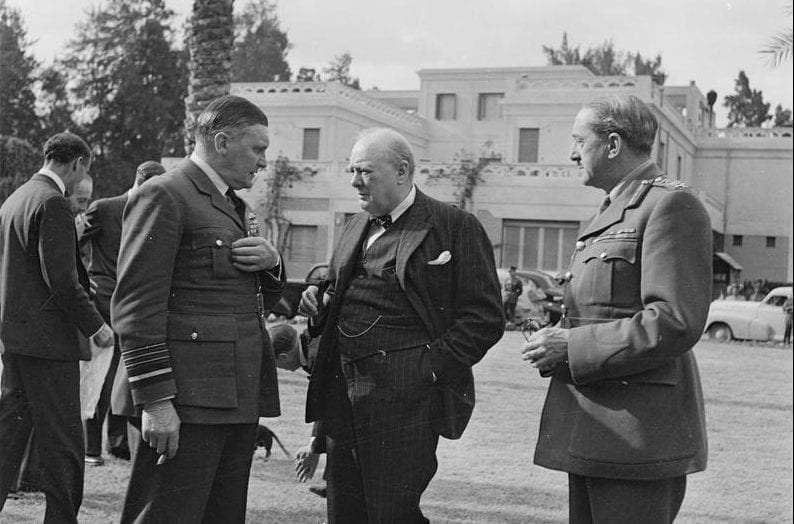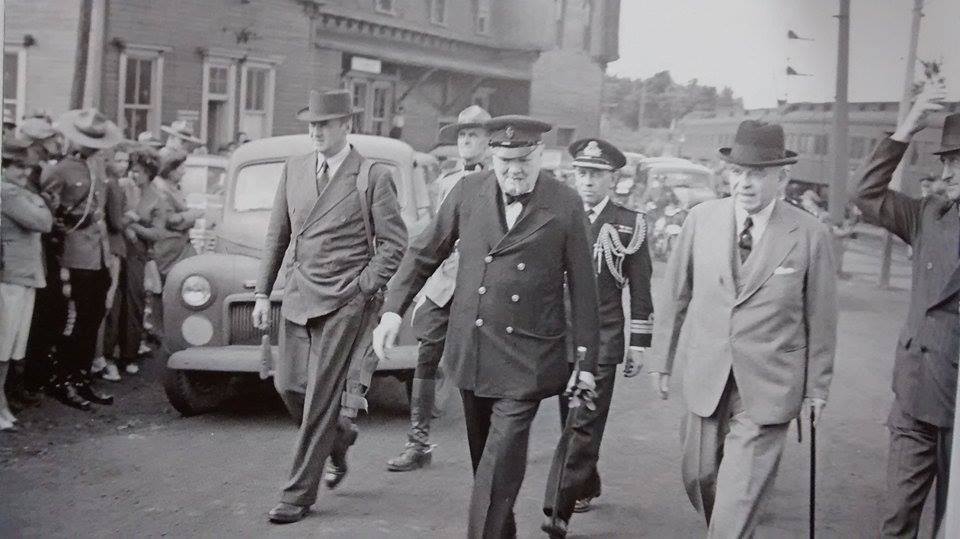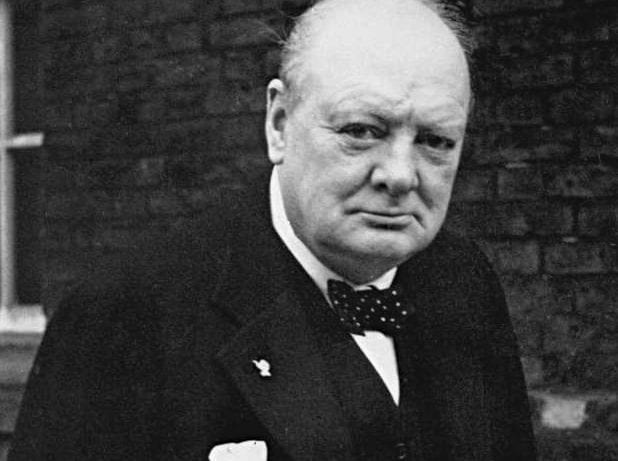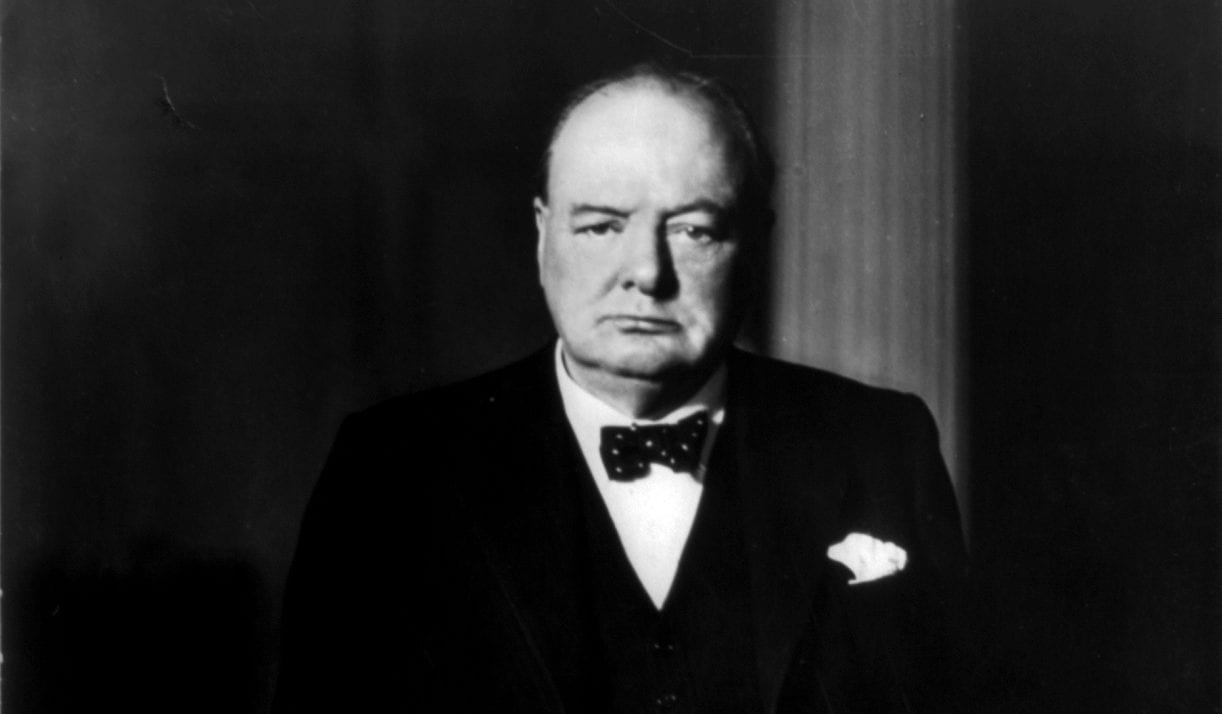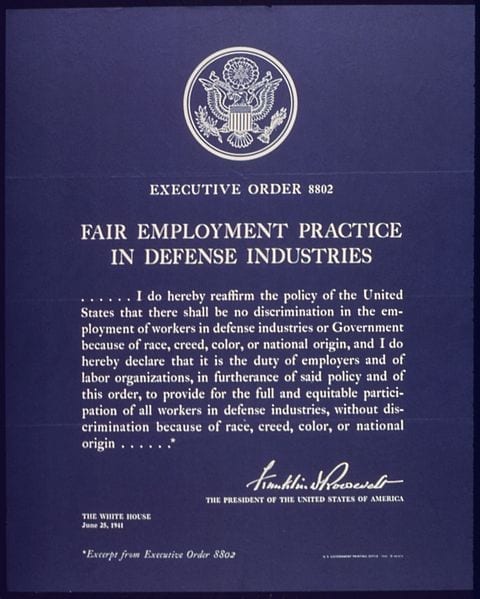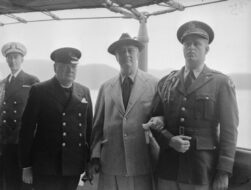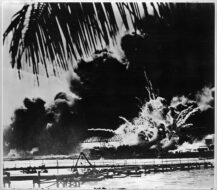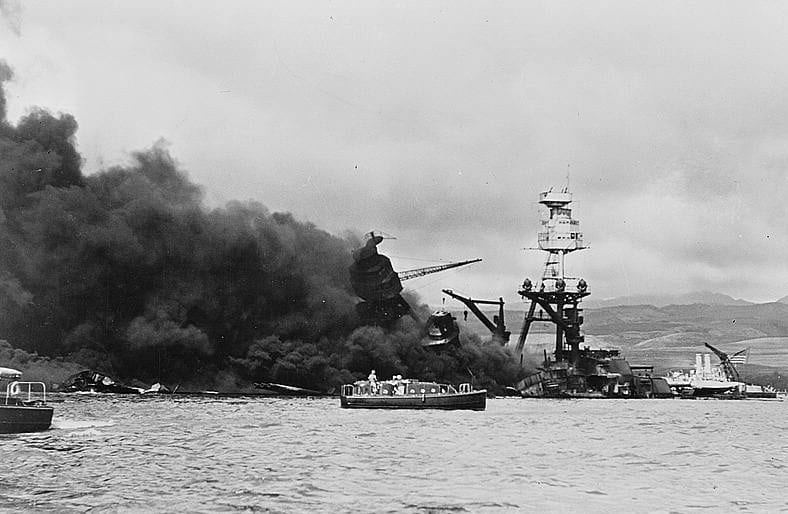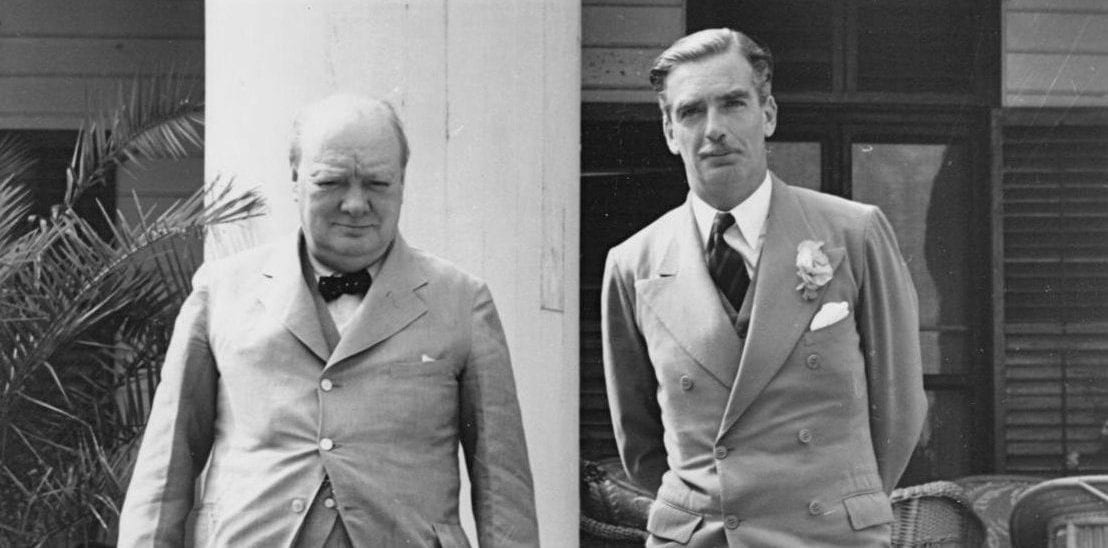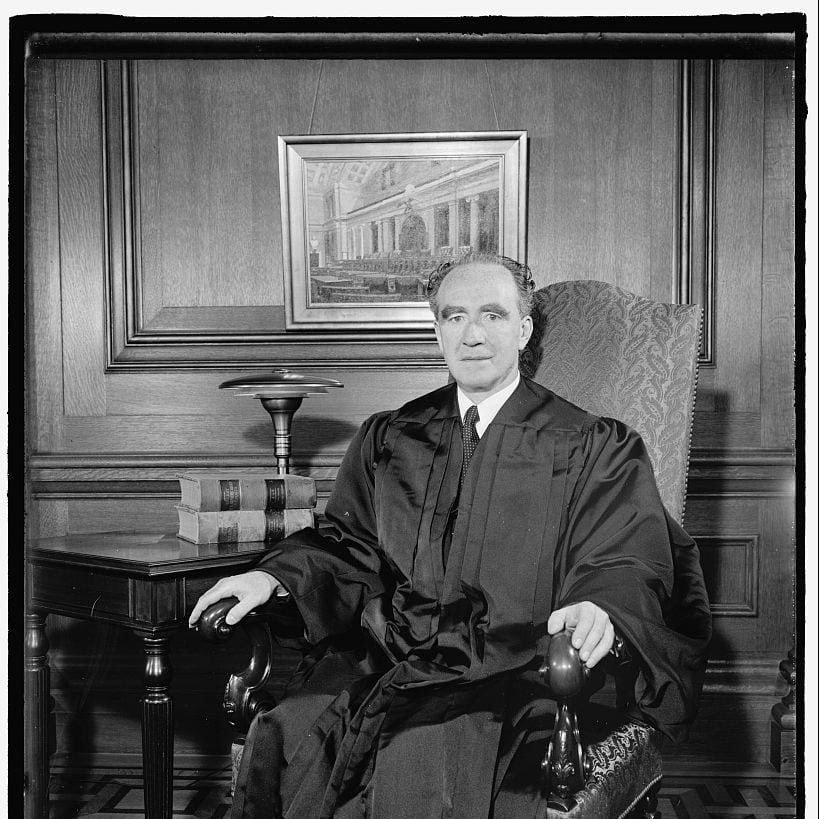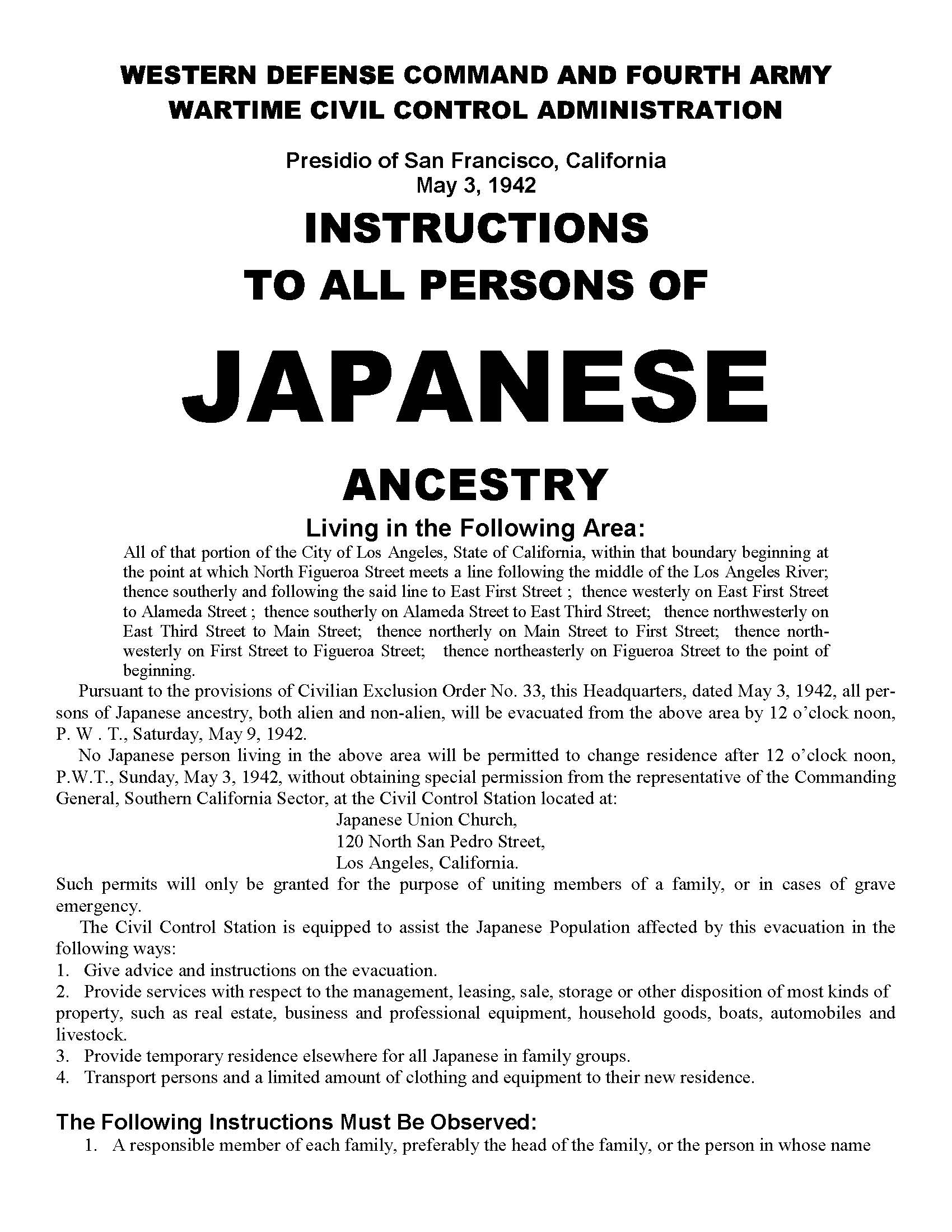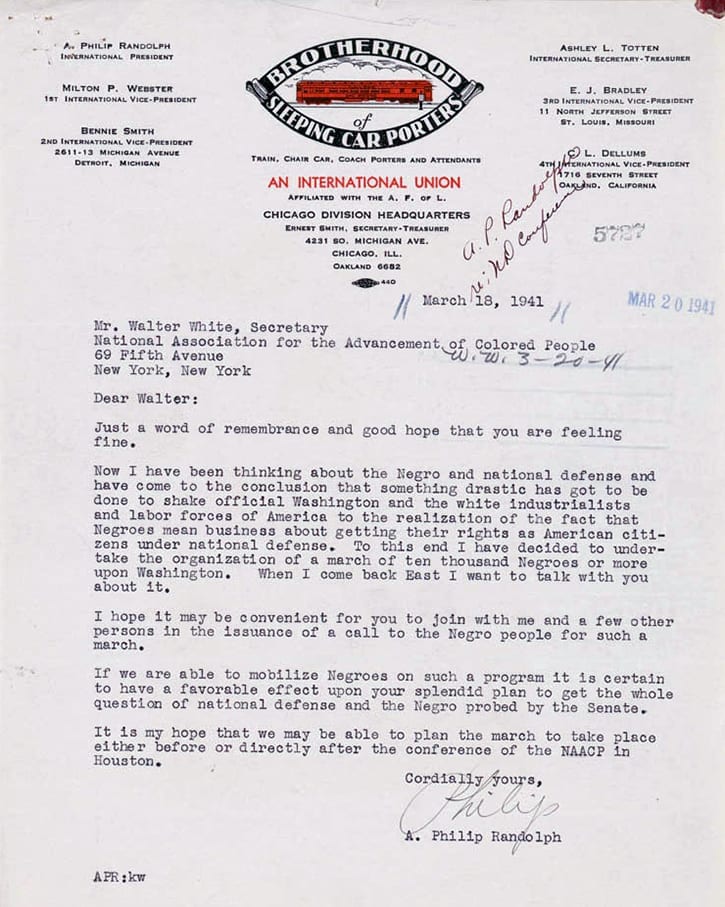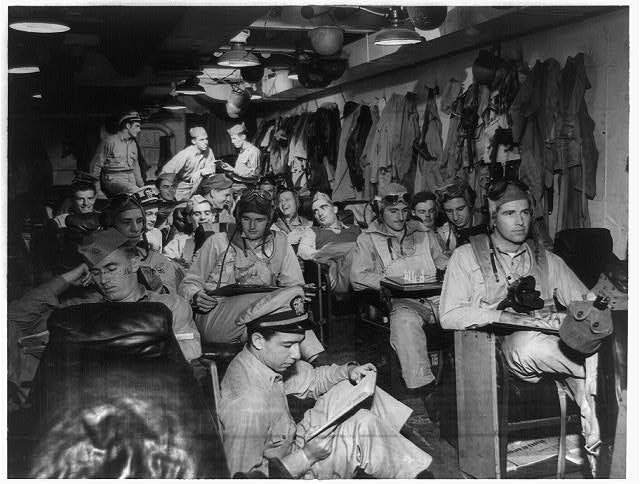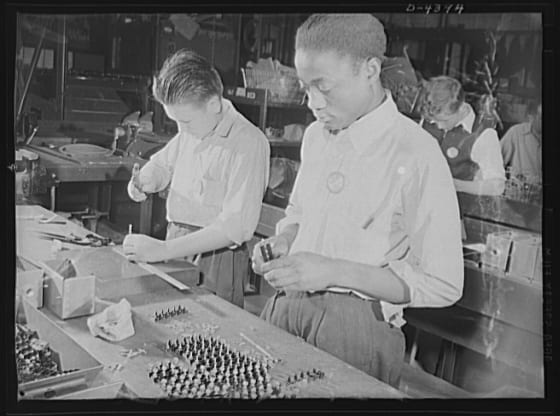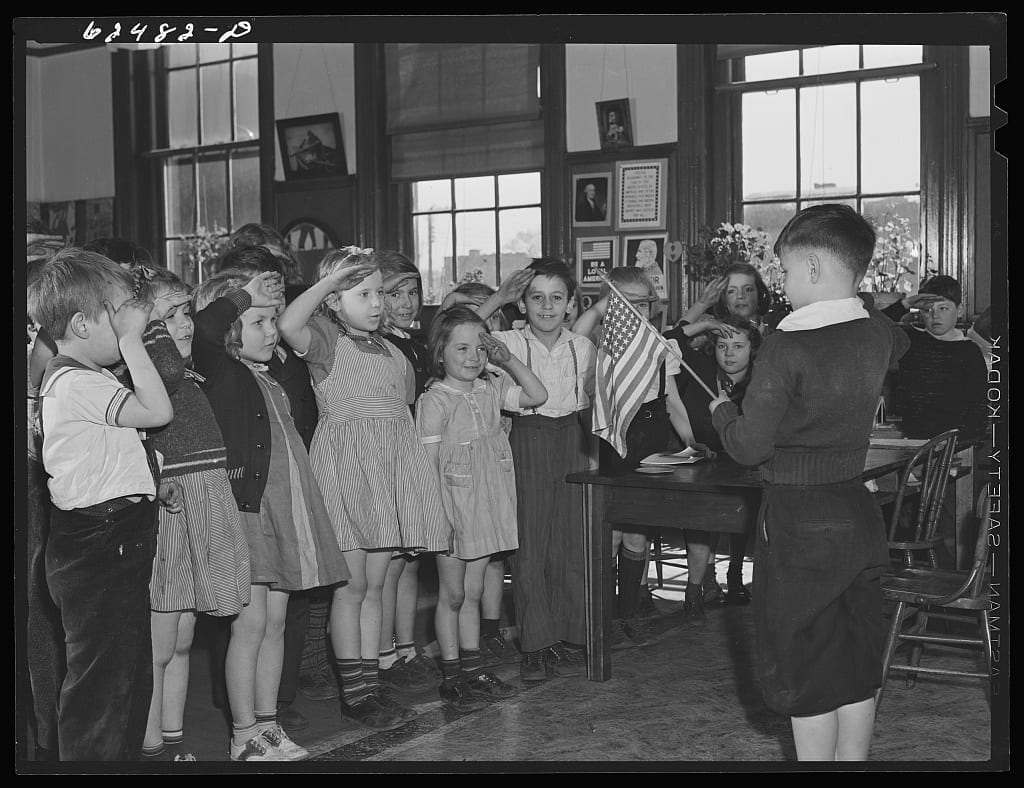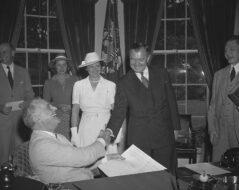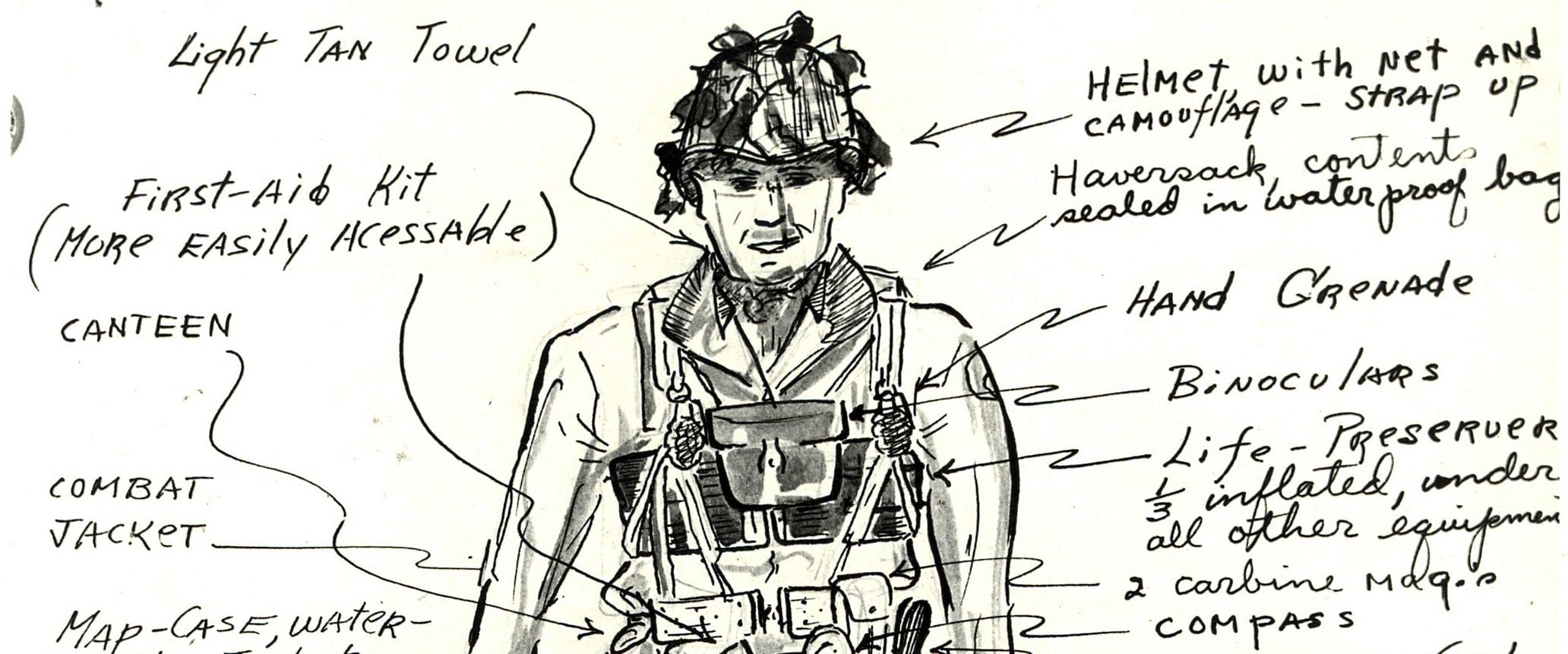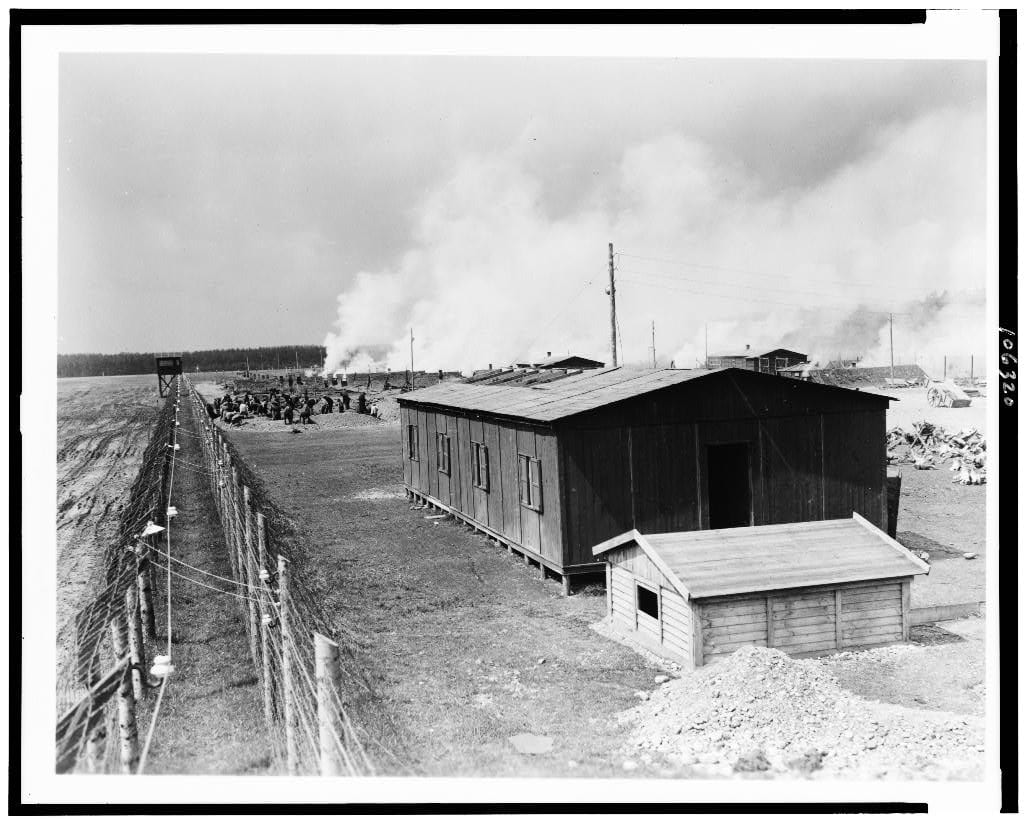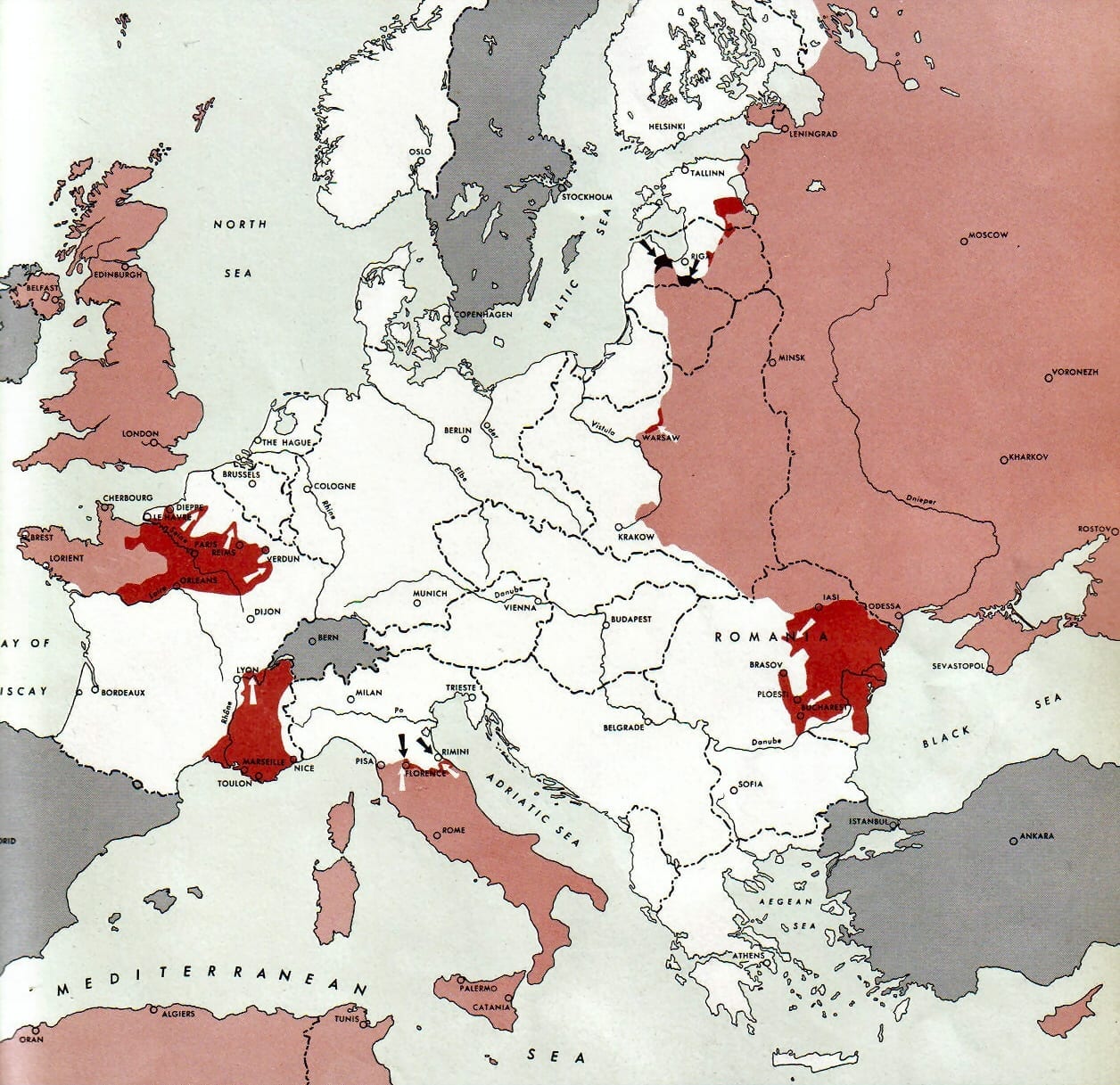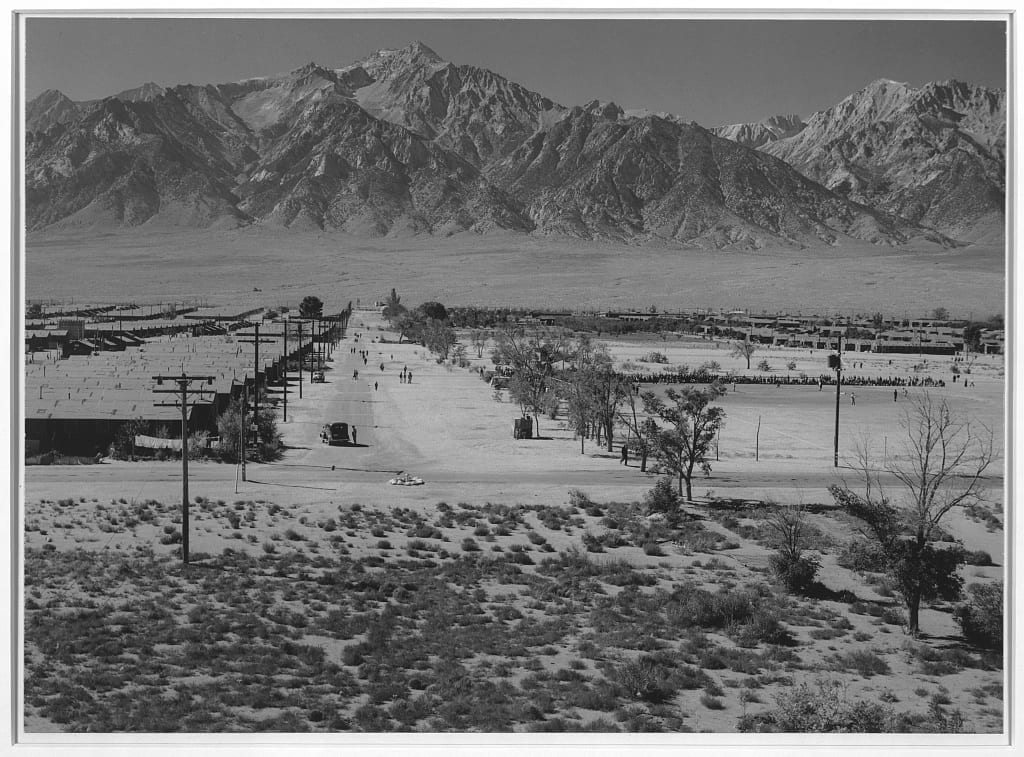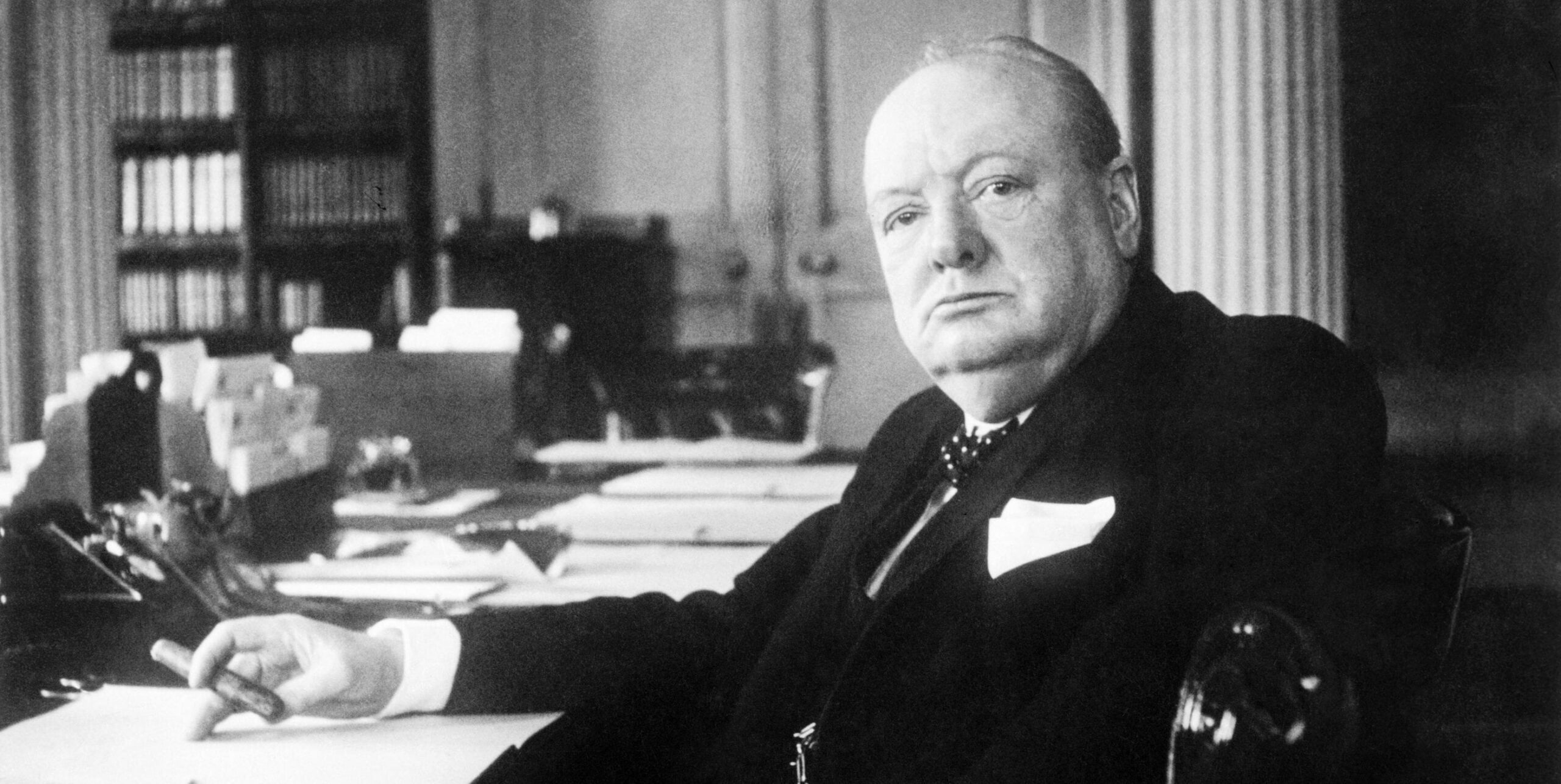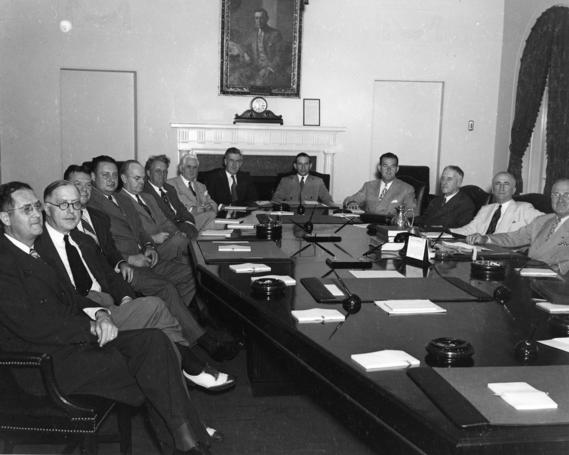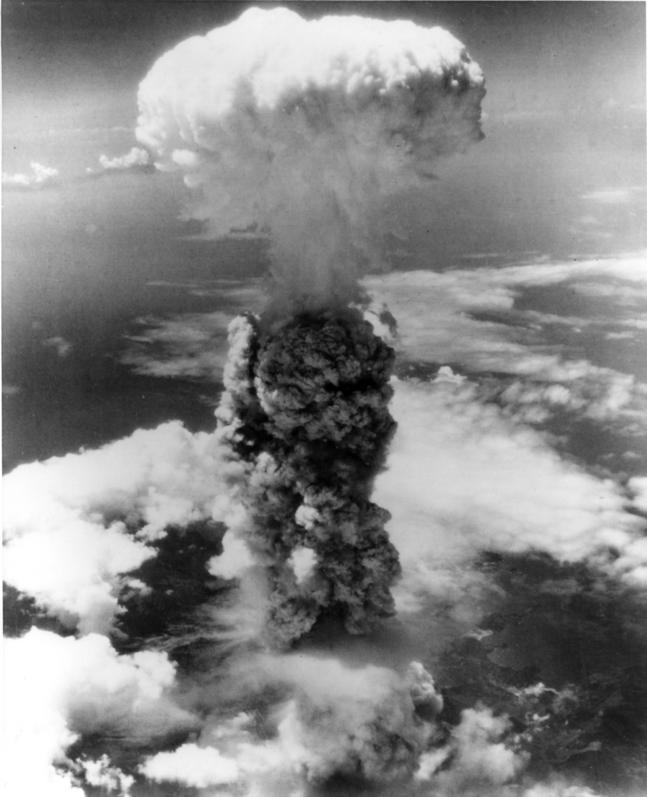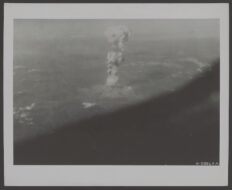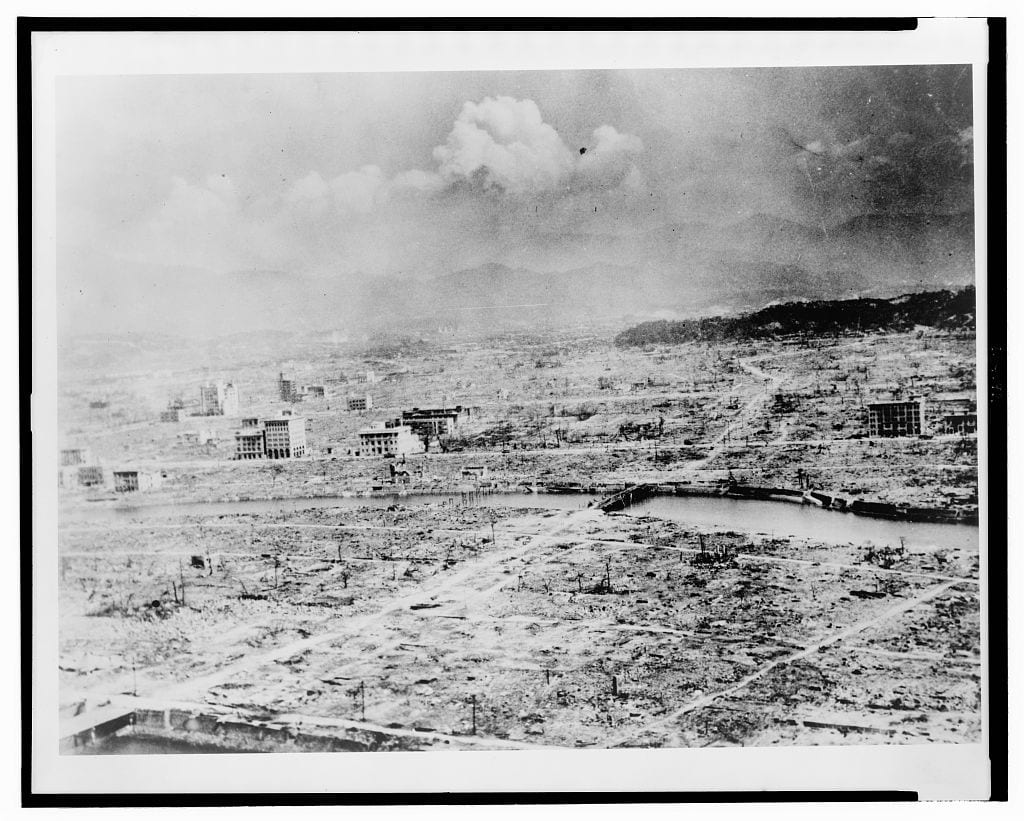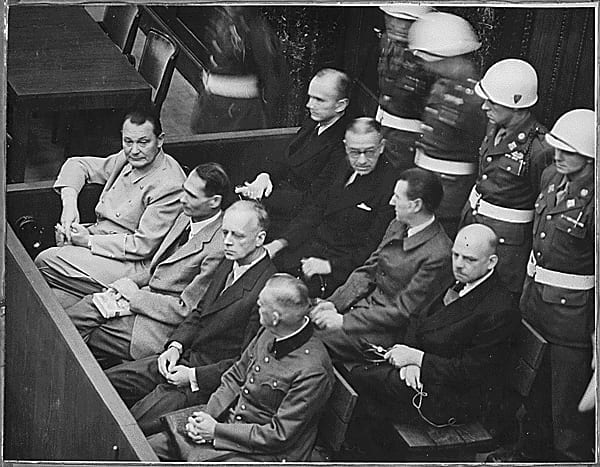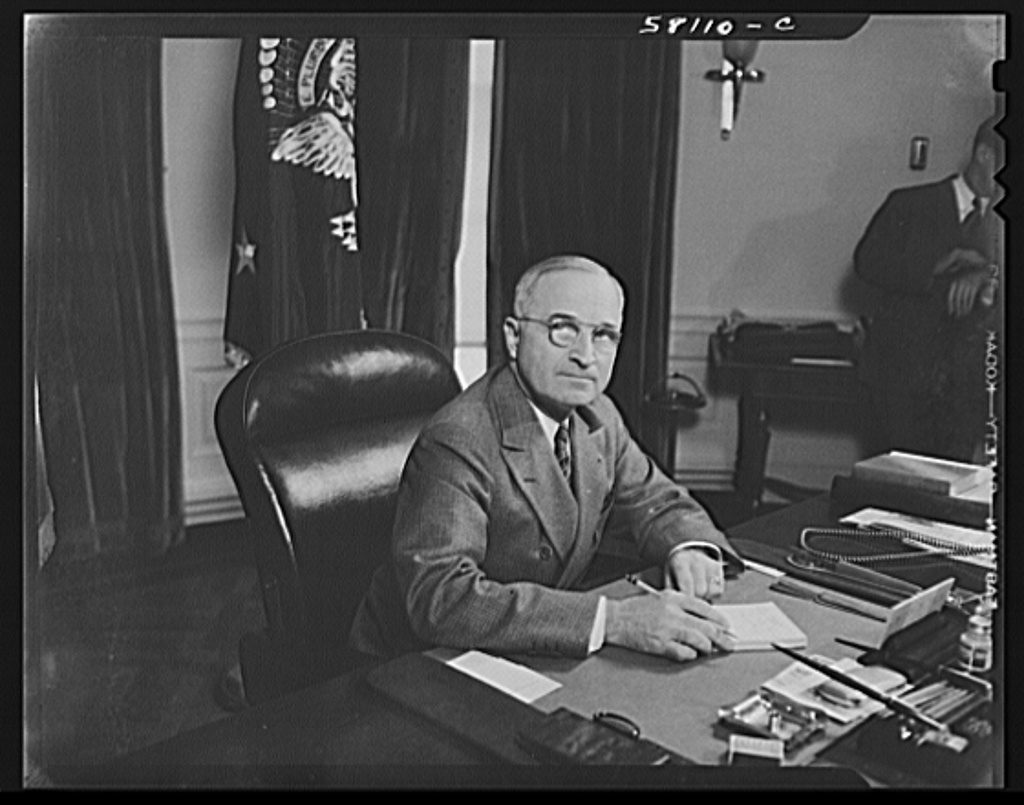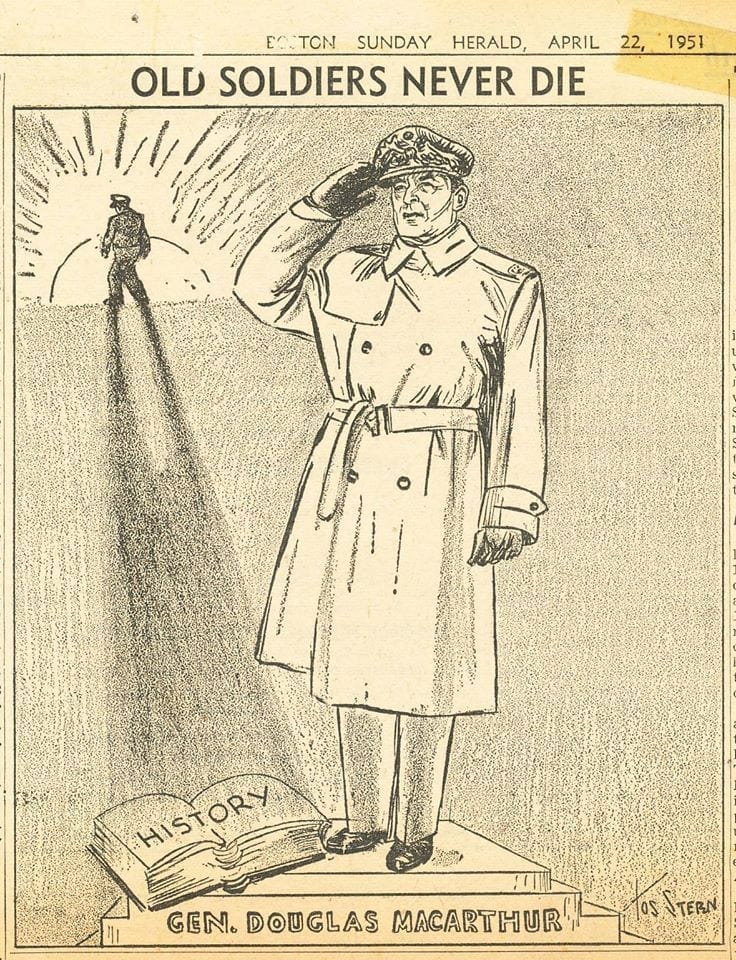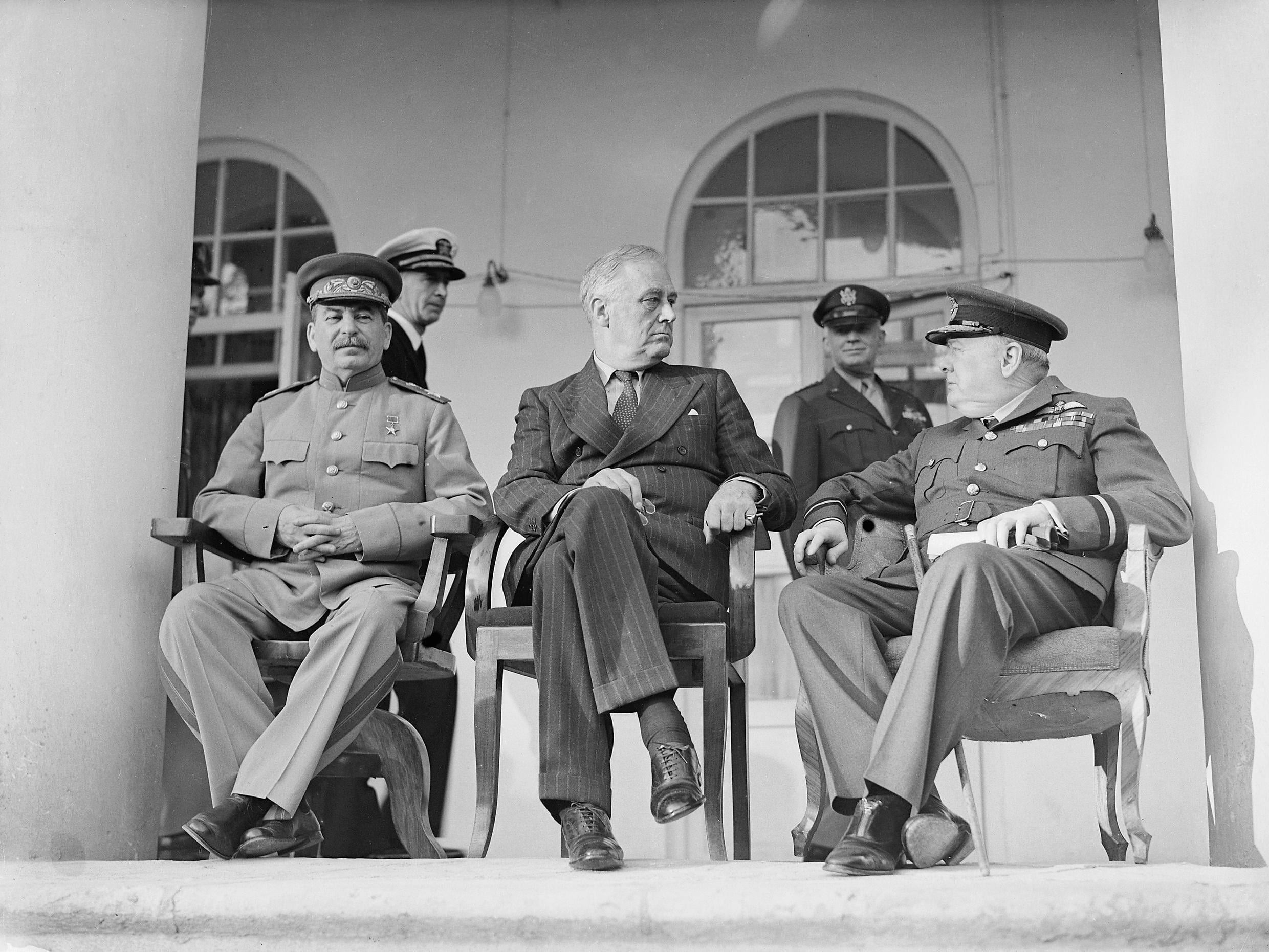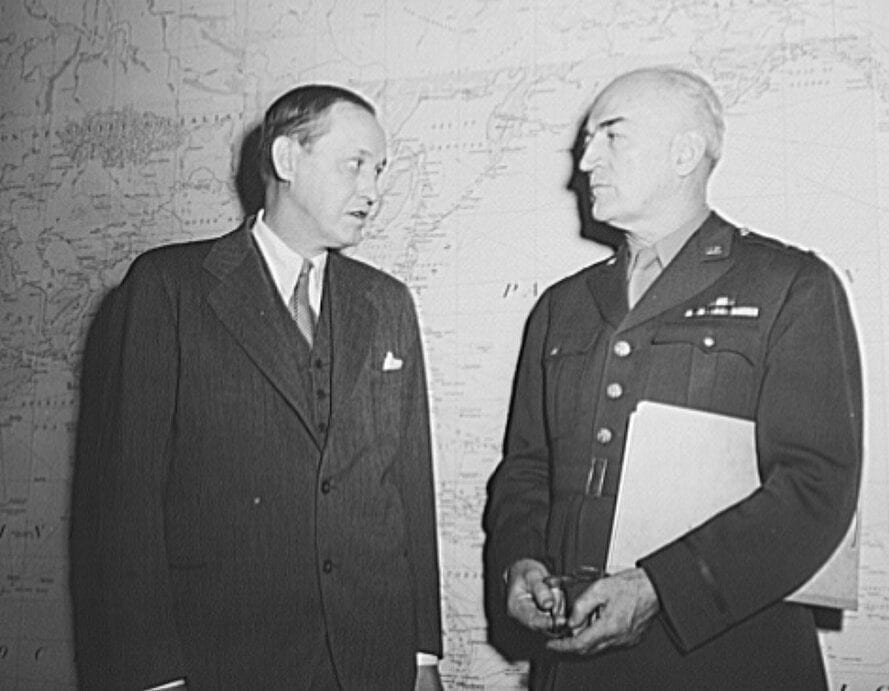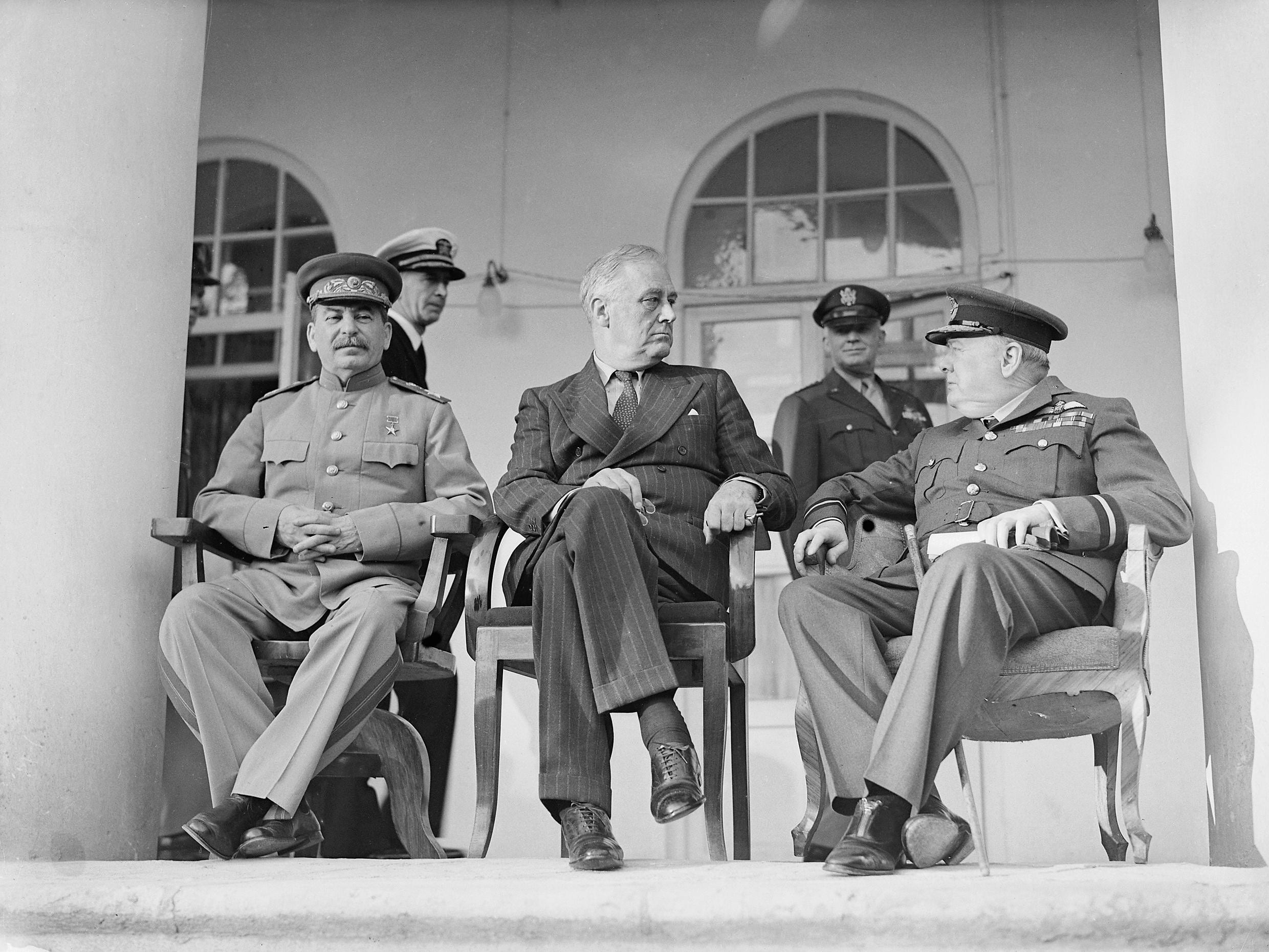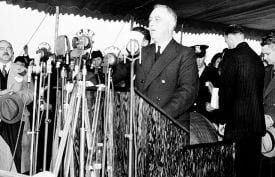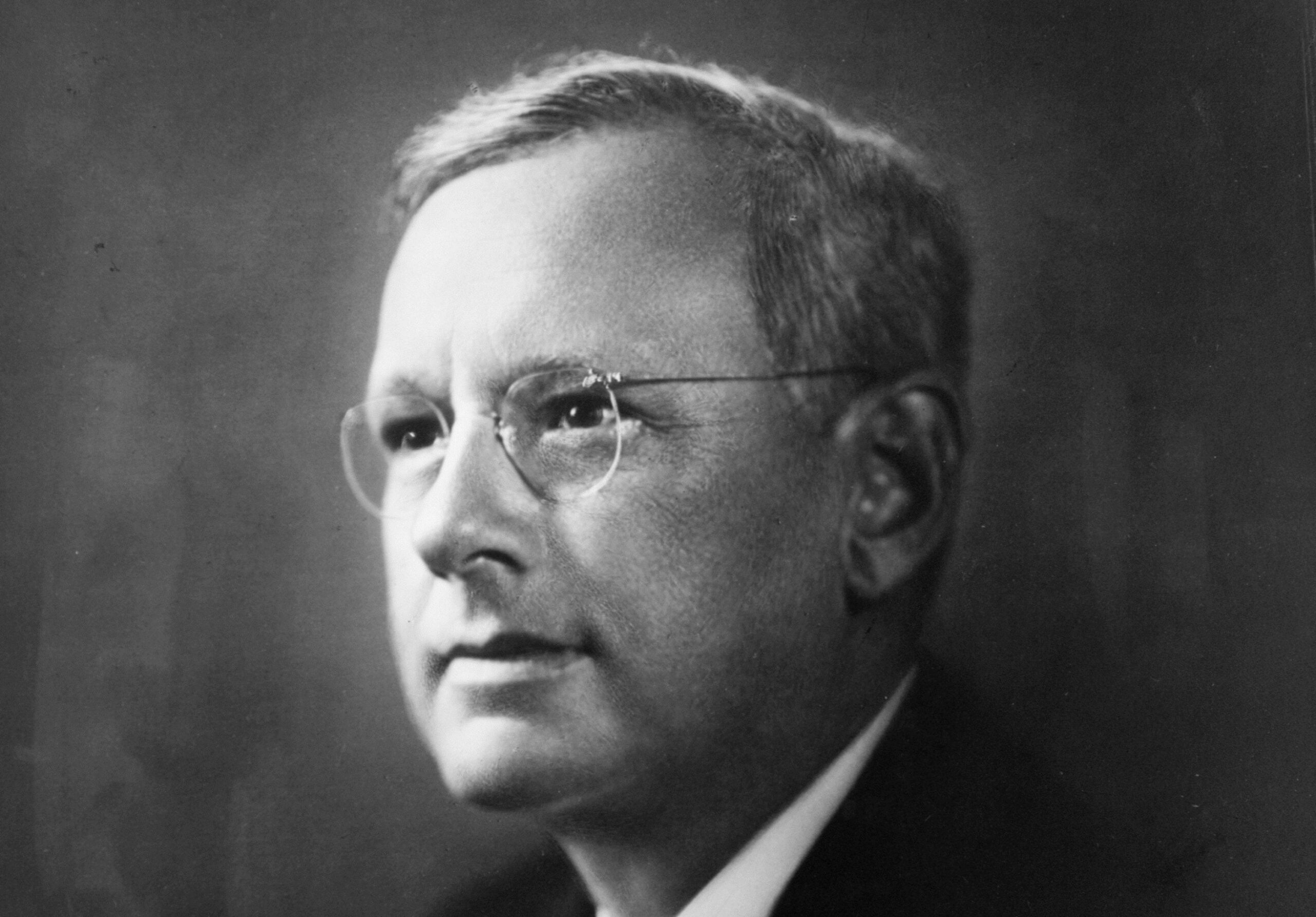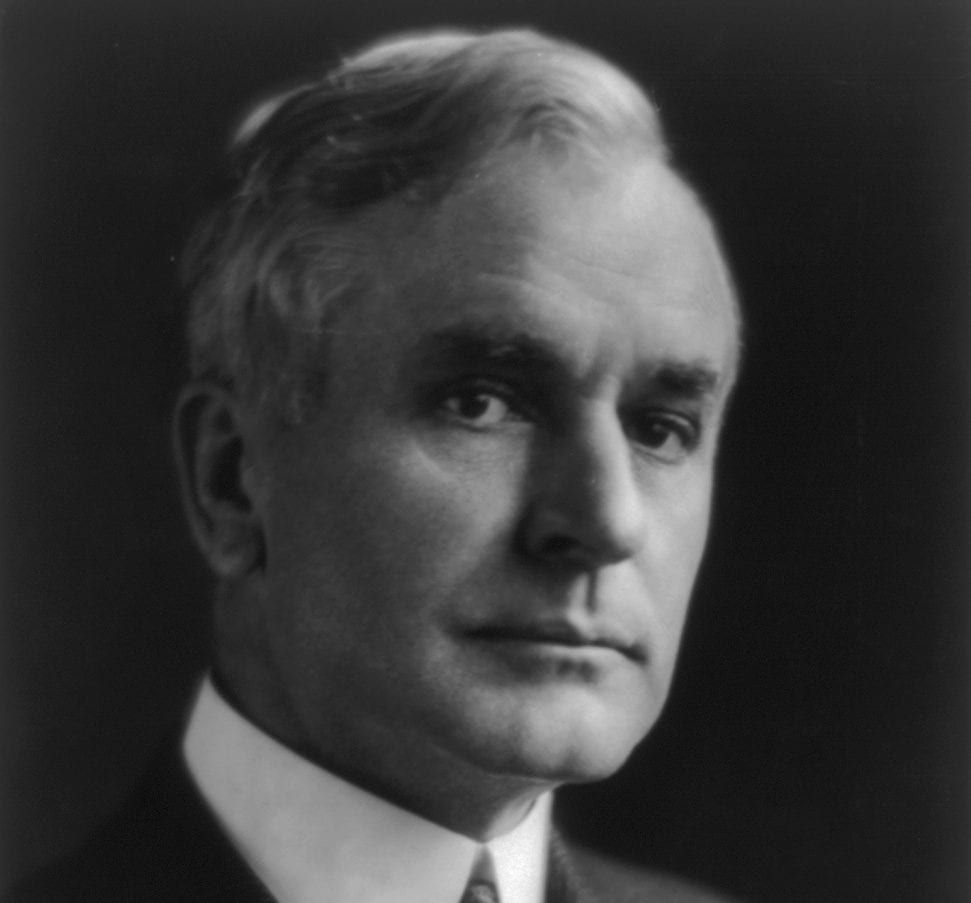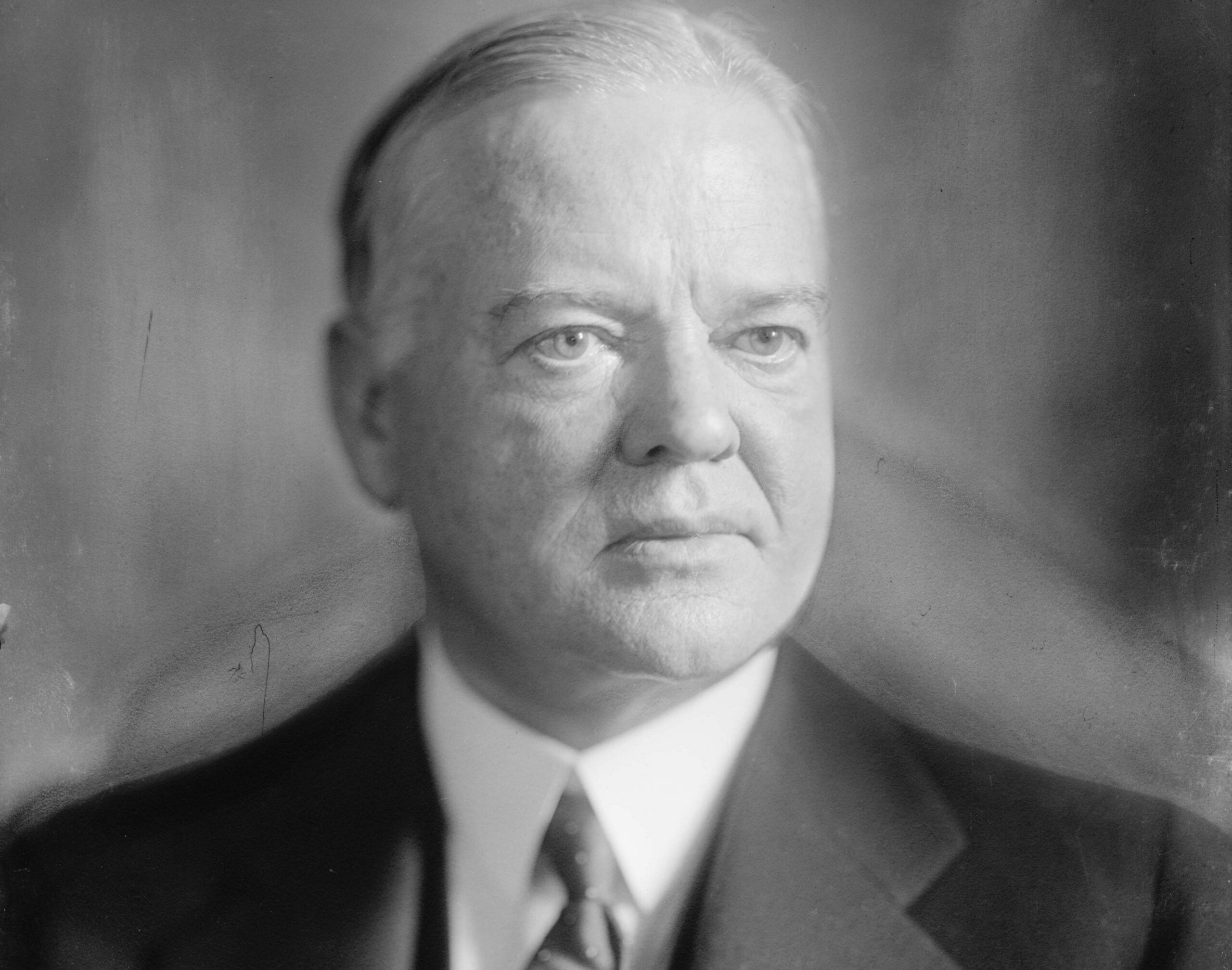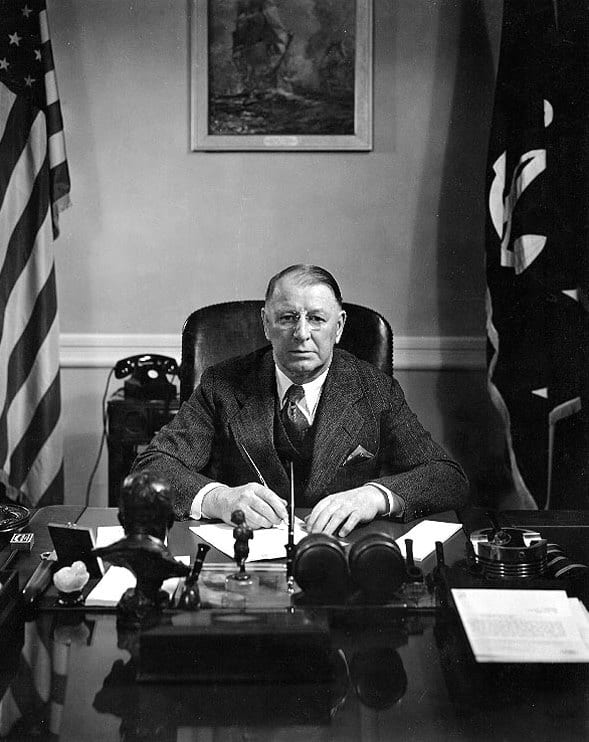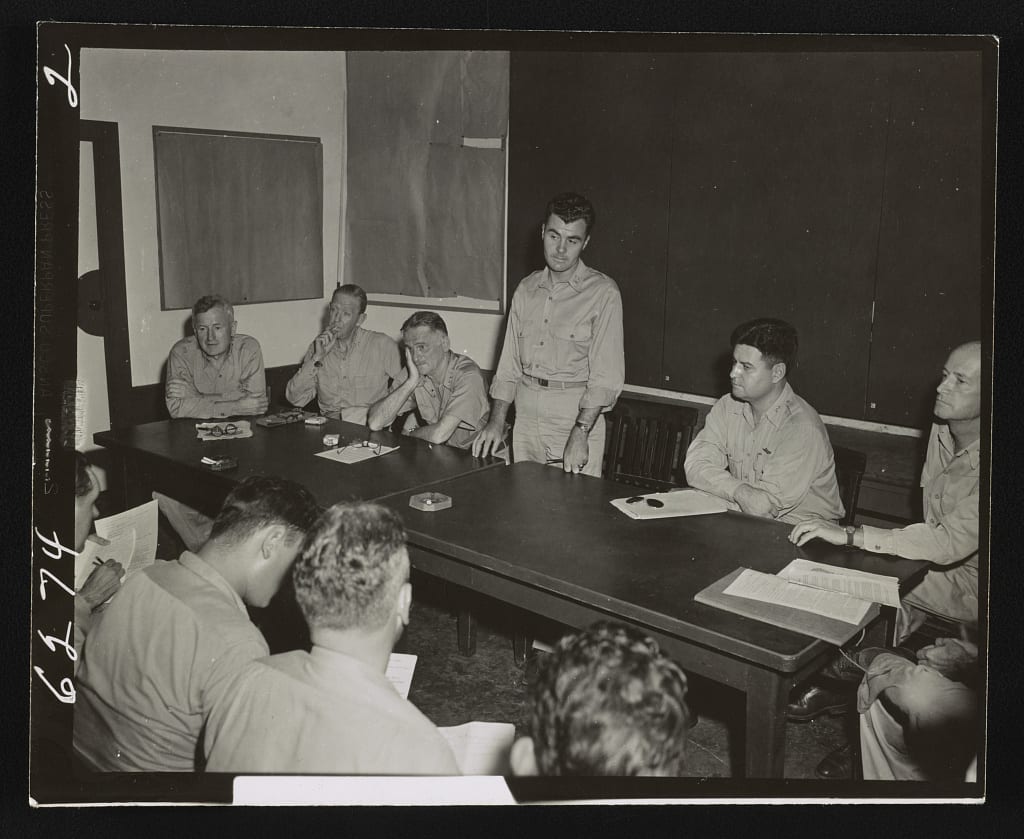
1. The observations of Mr. A. T. Steele concerning Japan, recently received here by mail, have had my careful attention. In general terms I believe that Mr. Steele’s observations are well-founded and sound, a belief which applies equally to the important considerations advanced in the final two paragraphs of the summary of Mr. Steele’s statement. His thesis that “firmness is the soundest and safest American naval policy” and that “the risks involved are much less than is commonly supposed in the United States” is however of such far-reaching gravity as to deserve carefully studied analysis and comment. In presenting the present trend of my thoughts on this general subject I have constantly in mind the fact that the shaping of our policy vis-a-vis Japan must depend upon the broader viewpoint of the Administration in Washington and upon many factors which may not be apparent to this Embassy.
2. The situation and circumstances which led to the series of exploratory conversations with the former Foreign Minister Arita and to the recommendations for considering steps leading toward the negotiation of a new treaty of commerce with Japan have now obviously passed. I earnestly hope that the time will come when I shall feel justified in renewing those recommendations, but with the fall of the Yonai Cabinet and the radically altered policy and outlook of the present setup in Japan, further initiative on our part in proposing conciliatory measures at the present time would appear to be futile and unwise.
3. Whatever may be the intentions of the present Japanese Government, there can be no doubt that the army and other elements in the country see in the present world situation a “golden opportunity” to carry into effect their dreams of expansion; the German victories have gone to their heads like strong wine; until recently they have believed implicitly in the defeat of Great Britain; they have argued that the war will probably end in a quick German victory and that it is well to consolidate Japan’s position in greater East Asia while Germany is still acquiescent and before the eventual hypothetical strengthening of German naval power might rob Japan of far flung control in the Far East; they have discounted effective opposition on the part of the United States although care-fully watching our attitude. The ability of the saner heads in and out of the Government to control those elements has been and is doubtful.
4. Now, however, I sense a gradual change in the outburst of exhilaration which greeted the new Government on its inception. The Japanese Government, the army and navy and the public are beginning to see that Germany may not defeat Great Britain after all, a hypothesis which I have constantly emphasized to my Japanese contacts in the plainest language and now to add to that dawning realization, they see the United States and Great Britain steadily drawing closer together in measures of mutual defense with the American acquisition of naval bases in British possessions in the Atlantic and with our support of the British fleet by the transfer of fifty destroyers. They hear reports of our haste to build a two-ocean navy and of our considering the strengthening of our naval bases in the Pacific and even rumors of our eventual use of Singapore. These developments and rumors are having their logical effect on Japanese consciousness. On the one hand they tend to emphasize the potential danger which Japan faces from eventual positive action by the United States and Great Britain acting together (the danger of combined Anglo-American measures has long been appreciated in Japan as evidenced by efforts to avoid irritating the United States and Great Britain simultaneously) or by the United States alone. On the other hand they furnish cogent arguments for those elements in Japan who seek economic and political security by obtaining markets and sources of raw materials wholly within the control of Japan. As for Germany, the Japanese are beginning to question whether even a victorious Germany would not provide a new hazard to their expansionist program both in China and in the southward advance. Mean-while the future position and attitude of Soviet Russia is always an uncertain factor in their calculations. These various considerations are beginning to give them concern. High-pressure diplomacy, especially in the Netherlands East Indies, will continue, but the fact that the Japanese Government was able even temporarily to restrain the military forces from their plans for a headlong invasion of Indochina indicates a degree of caution which I do not doubt was at least partially influenced by the attitude of the United States. What Mr. Steele describes as the “nibbling policy” appears likely to continue until the world situation, and especially the attitude of the United States, becomes clearer.
5. In previous communications I have expressed the opinion that sanctions by the United States would set Japanese-American relations on a downward curve. It is true that our own newly instituted program of national preparedness now justifies measures which need not fall within the realm of outright sanctions. On the other hand we must envisage the probability that drastic embargoes on the export of such important products as petroleum, of which the United States is known to possess a super-abundance, would be interpreted by the Japanese Government and people as actually sanctions which might and probably would lead to some form of retaliation. The risks which Mr. Steele sees as “much less than is commonly supposed in the United States” will depend less upon the careful calculations of the Japanese Government than upon the uncalculated “do or die” temper of the Army and Navy in case they should attribute to the United States the responsibility for the failure of their expansionist plans. Such retaliation might take the form of countermeasures by the Government but there would be even greater likelihood of some sudden stroke by the army or navy without the Government’s prior knowledge or authorization. These risks constitute an imponderable factor which cannot at any given moment be weighed with assurance. It would be shortsighted, however, to deny their existence or to proceed with the formulation of policy and the adoption of measures without giving these potential risks full consideration and determining the wisdom of squarely facing these risks.
6. In the ensuing observations I am carefully considering both of the fundamental purposes of my mission, namely the protection and advancement of American interests and the maintenance of good relations between the United States and Japan. When these two desiderata conflict, the preponderant emphasis to be placed on the one or the other is a matter of high policy which does not lie within my competency. My object is merely to place before the Administration in Washington the outstanding factors in the situation as we see them from the angle of this Embassy. Having carefully set forth the inevitable hazards involved in a strong policy I now respectfully turn to the hazards involved in laissez-faire policy.
7. In discussing the specific question of American-Japanese relations it is impossible to view that problem in its proper perspective without considering it as part and parcel of the world problem which, briefly, presents the following aspects:
(a) The United States and Great Britain are the leaders of a great group of English speaking nations around the world standing for a “way of life” which is being appallingly threatened today by a group of Germany, Italy, Soviet Russia and Japan whose avowed purpose is to impose by force of arms their will upon conquered peoples. In attempt¬ing to deal with such powers the uses of diplomacy are in general bankrupt. Diplomacy may occasionally retard but cannot effectively stem the tide. Force or the display of force can alone prevent these powers from attaining their objectives. Japan today is one of the predatory powers; she has submerged all moral and ethical sense and has become frankly and unashamedly opportunist, seeking at every turn to profit by the weakness of others. Her policy of southward expansion is a definite threat to American interests in the Pacific and is a thrust’ at the British Empire in the East.
(b) American security has admittedly depended in a measure upon the existence of the British fleet which in turn has been, and could only have been, supported by the British Empire.
(c) If we conceive it to be in our interest to support the British Empire in this hour of her travail, and I most emphatically do so conceive it, we must strive by every means to preserve the status quo in the Pacific at least until the European war has been won or lost. In my opinion this cannot be done nor can our interests be further adequately and properly protected by merely registering disapproval and keeping a careful record thereof. It is clear that Japan has been deterred from taking greater liberties with American interests only out of respect for our potential power; it is equally clear that she has trampled upon our rights to a degree in precise ratio to the strength of her conviction that the American people would not permit that power to be used. Once that conviction is shaken it is possible that the uses of diplomacy may again become accepted.
(d) If then we can by firmness preserve the status quo in the Pacific until and if Britain emerges successfully from the European struggle, Japan will be faced with a situation which will make it impossible for the present opportunist philosophy to maintain the upper hand. At a moment it might then be possible to undertake a readjustment of the whole Pacific problem on a fair, frank, and equitable basis to the last¬ing benefit of both the United States and of Japan. Until such time as there is a complete regeneration of thought in this country [Japan], a show of force, together with a determination to employ it if need be, can alone contribute effectively to the achievement of such an outcome and to our own future security.
8. Passing from the general to the specific problem that now confronts us, and with the foregoing picture in mind, I applauded the timeliness of the instructions from the Department concerning the Shanghai defense sectors. The Department will have seen from my report of September 4 that the Foreign Minister’s complaint as to alleged threats on our part was met with the statement that what we have in mind is “a logical reciprocal adjustment of inter-national relations.” I feel that the appropriate time has come to proceed, gradually but progressively with that adjustment. In the present situation and outlook I believe that the time has come when continued patience and restraint on the part of the United States may and probably will lead to developments which will render Japanese-American relations progressively precarious. It is my hope that if the Japanese Government and people can be led to believe that their hand is being overplayed, there will eventually ensue a reverse swing of the pendulum in which a reconstruction of good relations between the United States and Japan will be possible. The alternative seems to me to be hopeless.
9. The foregoing analysis, which has been drafted with care over a period of several days, has the expressed complete concurrence of the Naval, Military and Commercial Attaches and all other members of the immediate staff of this Embassy.
Neville Chamberlain
November 12, 1940
Conversation-based seminars for collegial PD, one-day and multi-day seminars, graduate credit seminars (MA degree), online and in-person.

